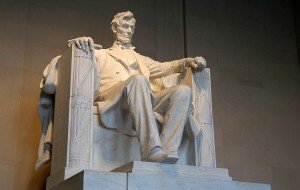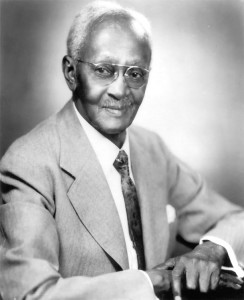National Freedom Day
February 1, 2019
Today, February 1, is National Freedom Day in the United States. The observance commemorates the day in 1865 when President Abraham Lincoln signed a resolution proposing an amendment to the Constitution to outlaw slavery. The resolution became the Thirteenth Amendment, and it was ratified by the states on Dec. 6, 1865. The amendment ended slavery in all parts of the United States. Lincoln’s Emancipation Proclamation of Jan. 1, 1863, had freed only the slaves in the Confederate States that were still in rebellion against the Union.

On Feb. 1, 1865, President Abraham Lincoln signed the resolution proposing an amendment to outlaw slavery in the United States. February 1 is now an observance known as National Freedom Day. Credit: © Alan Freed, Shutterstock
In 1941, Richard R. Wright, Sr., an 86-year-old retired U.S. Army officer who was born a slave in 1855, created the National Freedom Day Association and led the push to have an observance formally recognized. His hard work paid off, but unfortunately he died in July 1947 before the observance was signed into law. On June 30, 1948, Congress authorized the president to proclaim the first day of February in each year as National Freedom Day. President Harry S. Truman made Feb. 1, 1949, the first such day. The purpose of the annual observance is to “promote goodwill, harmony, and equal opportunity among all citizens, and to rededicate the nation to the ideal of freedom.”

In the 1940′s, Richard R. Wright, Sr., led the push to create National Freedom Day. Credit: University of Pennsylvania Archives
Wright was born in Georgia and worked in education and local politics before serving as a paymaster in the Army. He later served as the first president of Georgia State Industrial College for Colored Youth, a historically black school that is now Savannah State University.


